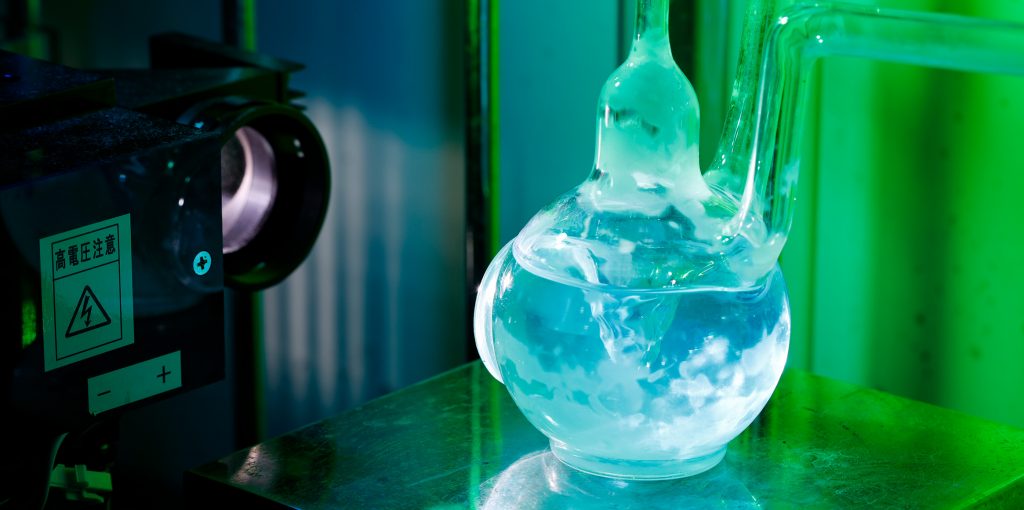
Water treatment is a critical process that ensures the availability of clean and safe water for various purposes. Industrial chemicals play a vital role in this process, enabling the removal of contaminants and the maintenance of water quality. In this blog post, we will explore the different types of industrial chemicals used in water treatment and their specific applications. From coagulants and flocculants to disinfectants and pH adjusters, we will delve into the world of these chemicals and their indispensable contributions to water treatment.
- Coagulants:
Coagulants are chemicals used to destabilize suspended particles in water, allowing them to clump together and form larger particles called flocs. Common coagulants include aluminum sulfate (alum), ferric chloride, and polyaluminum chloride. These chemicals neutralize the negative charges on particles, promoting aggregation and facilitating their removal during the sedimentation or filtration process. - Flocculants:
Flocculants are polymers that enhance the coagulation process by bridging the flocs formed by coagulants, making them larger and more easily separable. They improve the efficiency of solid-liquid separation methods such as sedimentation and filtration. Examples of flocculants include polyacrylamides and polyethylene oxides, which are often used in conjunction with coagulants to achieve optimal water clarification. - Disinfectants:
Disinfection is a crucial step in water treatment to eliminate harmful microorganisms and prevent the spread of waterborne diseases. Various disinfectants are employed, such as chlorine, chloramines, ozone, and ultraviolet (UV) light. Chlorine-based compounds are widely used due to their effectiveness in killing bacteria, viruses, and other pathogens. However, alternative disinfection methods like UV light and ozone are gaining popularity due to their reduced chemical residue and environmental impact. - pH Adjusters:
Maintaining the appropriate pH level is essential for effective water treatment processes. pH adjusters, such as lime (calcium hydroxide) and sulfuric acid, are used to raise or lower the pH of water. Coagulation and flocculation processes are highly dependent on pH, as it affects the charge and solubility of chemicals and particles. Proper pH adjustment ensures optimal chemical reactions and improves the overall efficiency of water treatment. - Antiscalants and Corrosion Inhibitors:
Industrial processes often involve water that contains high levels of dissolved minerals, which can lead to scaling and corrosion in equipment and pipelines. Antiscalants are chemicals that prevent the formation of scale by inhibiting the crystallization of minerals like calcium carbonate and calcium sulfate. Corrosion inhibitors, on the other hand, protect metal surfaces from corrosion caused by the water's aggressive properties. These chemicals help maintain the integrity and longevity of water treatment infrastructure.
Conclusion:
Industrial chemicals are indispensable in water treatment, enabling the removal of contaminants, disinfection, and the maintenance of water quality. Coagulants and flocculants aid in the clarification and solid-liquid separation processes, while disinfectants ensure the elimination of harmful microorganisms. pH adjusters help optimize chemical reactions, and antiscalants and corrosion inhibitors protect equipment and pipelines. Understanding the role of these chemicals is crucial for efficient and effective water treatment processes, ensuring the availability of clean and safe water for various applications.




